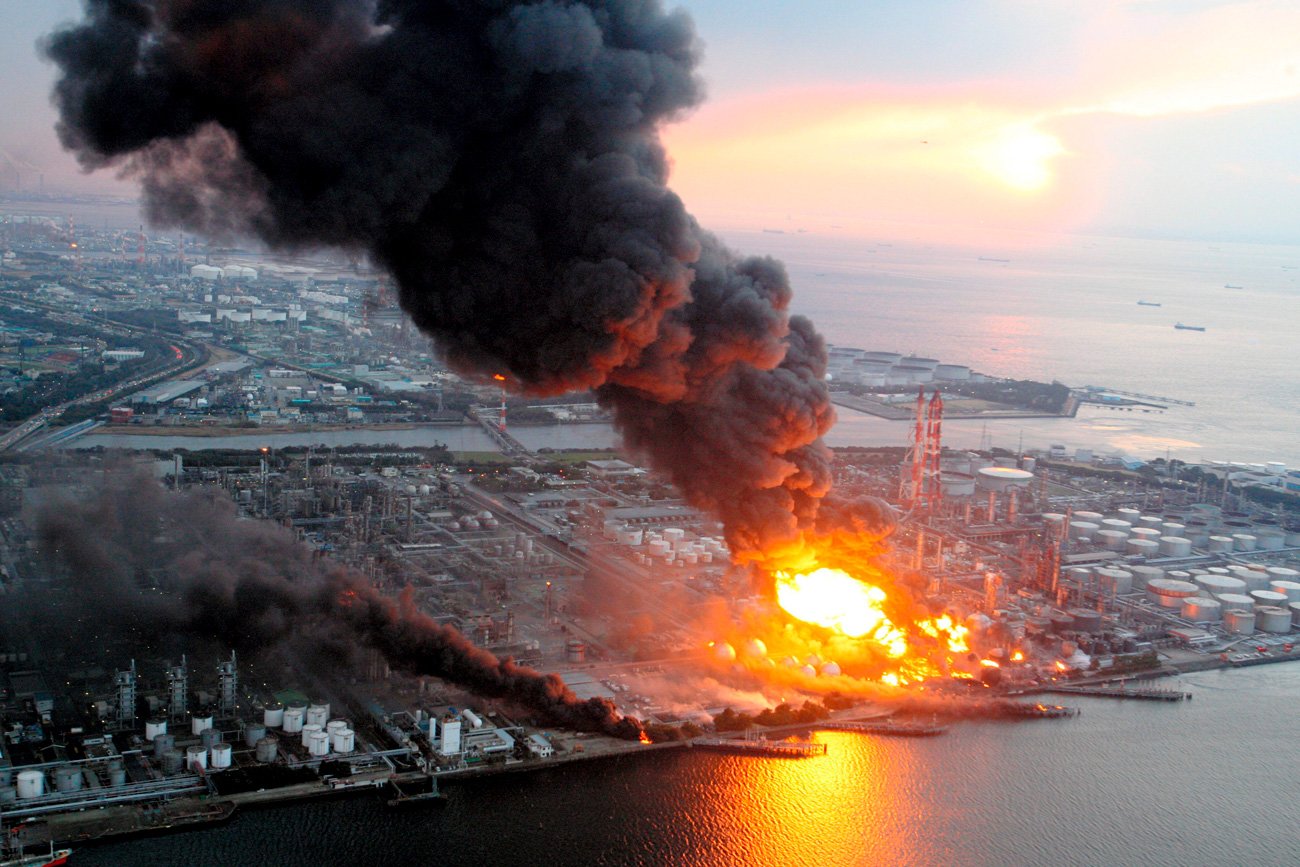Despite the disagreement of neighboring countries, Japan will start draining radioactive water from the Fukushima nuclear power plant in the next few days. Polluted water formed in the reservoirs after the disaster at the industrial facility in 2011. The decision has already been agreed and legally formalized, so the objections of Japan’s neighbors do not bypass Japan.
The last straw
After the disaster at the nuclear plant, a huge stock of radioactive water accumulated – about 500 Olympic swimming pools. The problem of disposal has arisen because it is not possible to accumulate the liquid further, but it will also not be possible to dispose of it in the form in which it is currently stored.
After reviewing several options, the one that includes the following stages was chosen:
– the liquid is slowly filtered;
– multiple dilution is carried out;
– there is a descent into the Pacific Ocean.
To avoid enormous emissions, the process will proceed very slowly, because the plan is designed for 30 years.
Fish are silent, but people are not
Such a long term is necessary in order to exclude damage from the action of physical factors on the environment. Researchers and the Japanese government have concluded that it will not be possible to reduce the harmful impact on nature to zero, but it is necessary to do everything possible to minimize it. Experts say that the ecosystems of both the World Ocean and the Pacific Ocean will not be affected.
It is not surprising that most of the neighboring countries do not support such a decision to dispose of Fukushima.
China reacted most categorically. The representative of the Ministry of Foreign Affairs Wang Wenbin emphasized that the Pacific Ocean is not a sewage tank Japan has the right to pollute with nuclear waste
South Korea is even more radical and has moved from controversy to action. It has introduced a ban on importing seafood caught in the reservoirs surrounding the Fukushima nuclear plant.
IAEA conclusion
The international agency IAEA, a UN body monitoring the world’s nuclear safety, reacted positively to this 30-year plan. After a detailed study, the experts of this organization concluded that the radiological impact on people and nature will be insignificant.
The opinion of scientists
Scientists are less optimistic. They are not sure about the safety of such disposal. In their conclusions, it is noted that the main danger is the following substances:
– tritium;
– carbon-14.
It is too difficult to remove them by filtration or pretreatment, so these isotopes will end up in the Pacific Ocean one way or another.
It wouldn’t be scary but other nuclear plants also discharge effluents containing these dangerous substances. In sum, their level is growing. It is difficult to predict how this will affect the state of ocean ecosystems.


